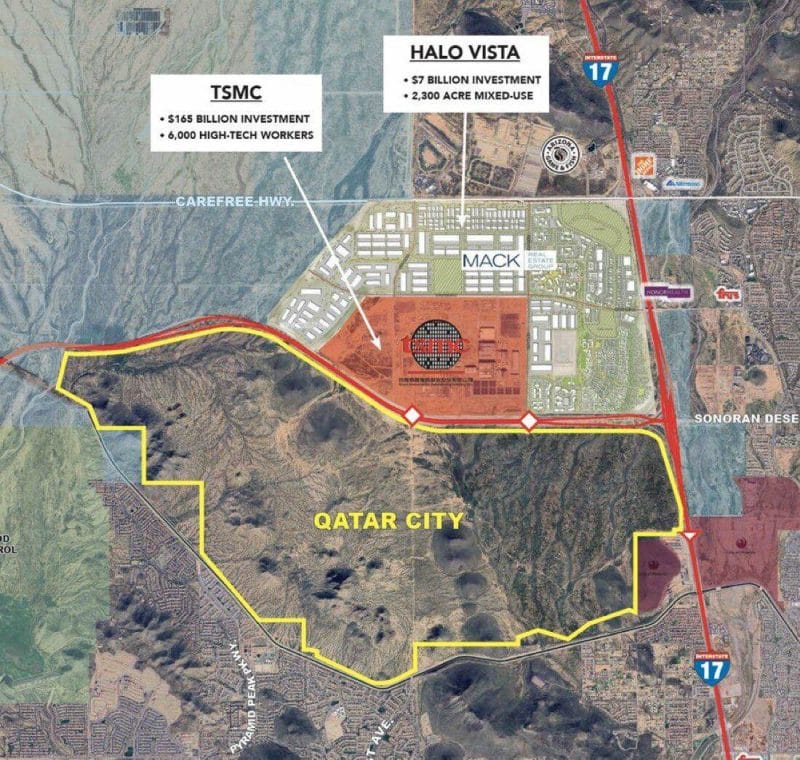By Jon Riches | In Defense of Liberty, The Goldwater Institute
Today, nearly all Americans own a cellphone. But as fast as this technology spread, the cellular revolution could have happened much faster if it weren’t for one thing: government-conferred monopolies that prevent innovation. Similar government-imposed distortions exist today when it comes to how citizens purchase energy for their homes. In Arizona, it’s past time for bureaucrats to lift their effective ban on competition—and in doing so, give consumers more choice in the energy marketplace.
As early as 1915, the American Telephone & Telegraph company, also known as AT&T, discussed developing a wireless telephone. Development of the technology was delayed, however, because the company believed that the new technology would undermine its near monopoly on wired phone service. At the time, and throughout most of the 20th century, AT&T held a near monopoly on phone service inside the United States through a network of companies called Bell System, nicknamed “Ma Bell.” This monopoly was largely created by the Kingsbury Agreement and later federal law and government regulations that effectively conferred on AT&T a government-sponsored monopoly. The result is that there was not broad innovation in telephone service for decades, as incentives were distorted based on market regulation.
Just as government distorted the telephone industry, it’s also impacting the electric generation and retail market.
In Maricopa County, Ariz., home to nearly 4.5 million people, if a resident wants electric service, the resident must use the provider in his or her service area—likely Arizona Public Service or Salt River Project utility companies. Those providers have service areas territories in which they exercise monopoly privileges. As a result, there simply is no choice for the customer, nor is there competition among service providers for power service. If a new service provider wishes to provide competitive electric generation service in Arizona, the company must receive approval from the Arizona Corporation Commission (“Commission”) in the form of a Certificate of Convenience and Necessity (“CC&N”). But as a result of Commission rules and government-conferred monopoly privileges in existing service territories, CC&N applications from new market entrants are uniformly denied.








